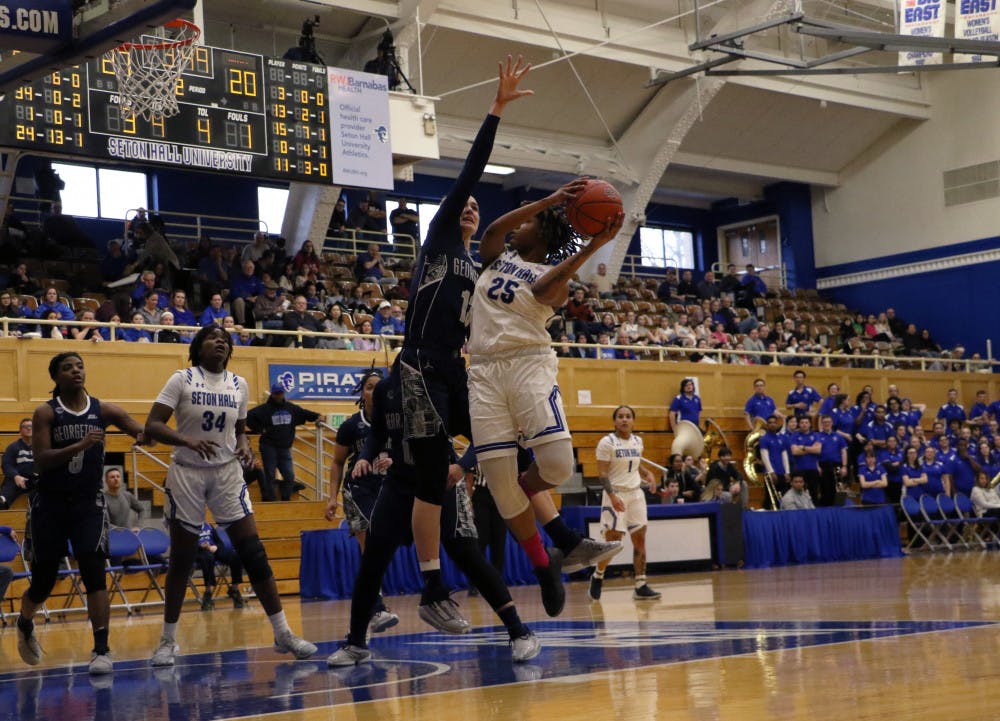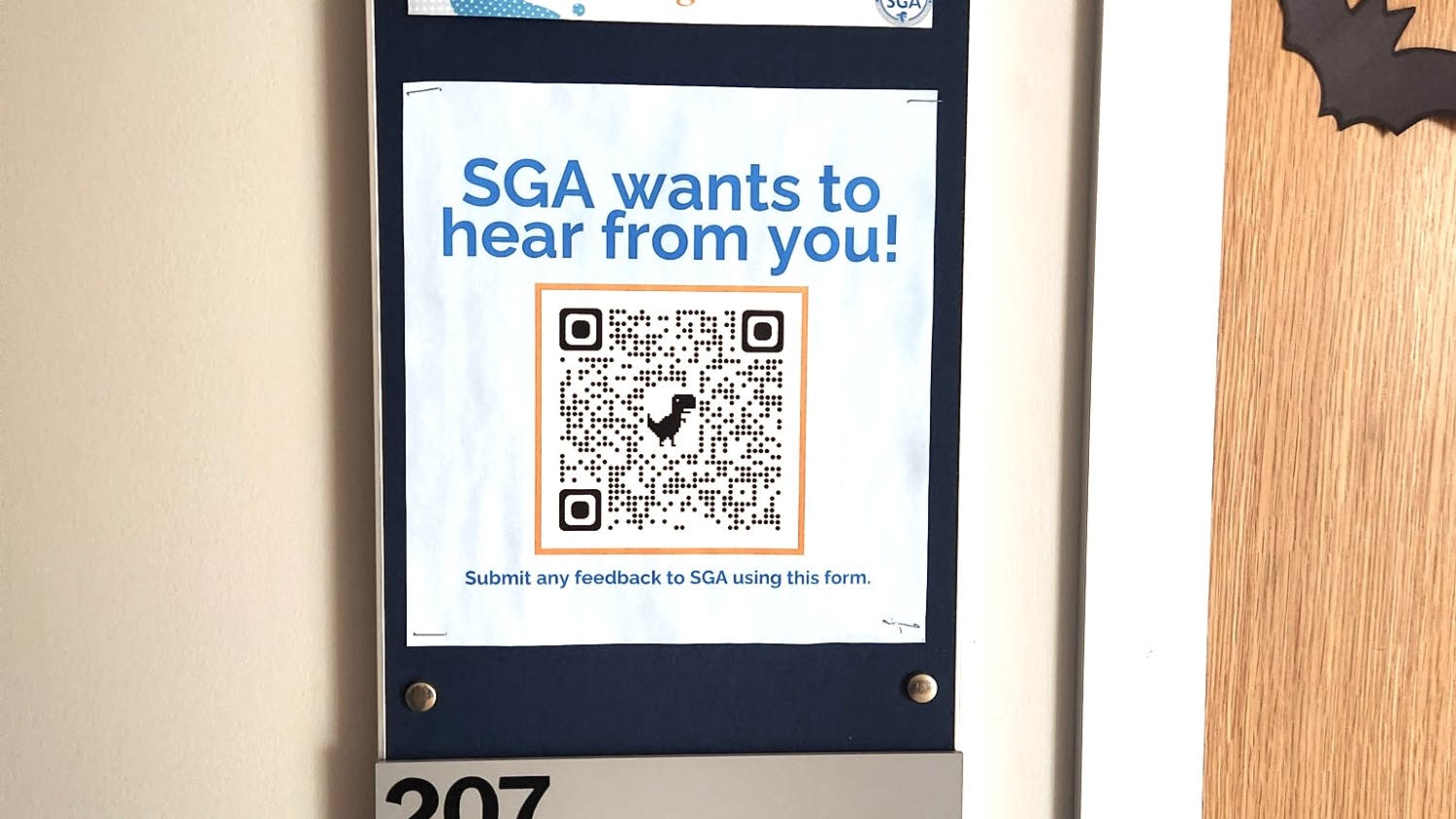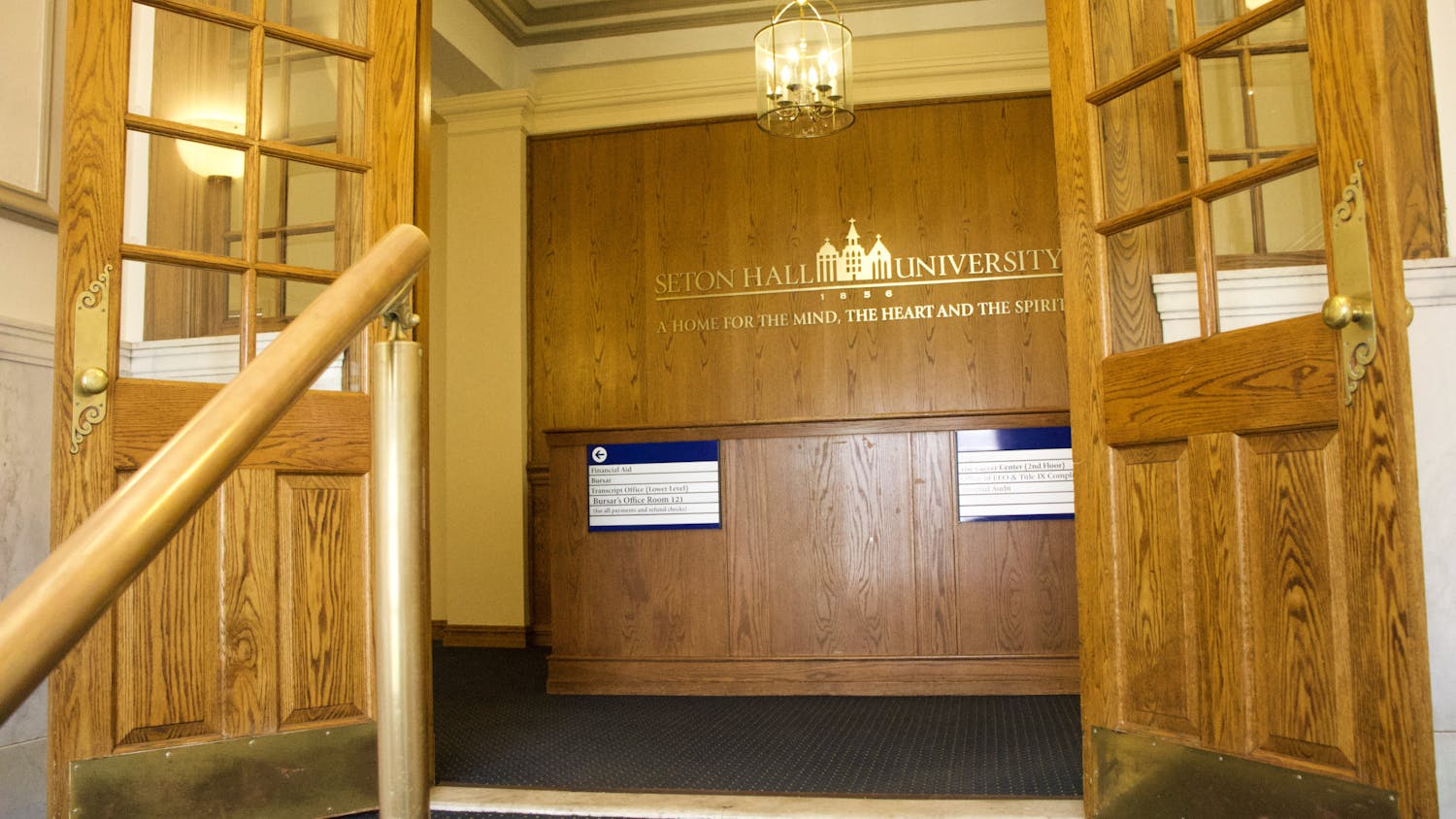The University follows a strict policy when it comes to illegal downloads on the Seton Hall laptops, according to Associate Chief Information Officer Paul Fisher.
Two bills have been introduced in Congress that tackle the issues of pirated copyrighted material, including music and movies.
The Stop Online Piracy Act is in the House of Representatives and its Senate counterpart is the Protect IP Act.
"The enforcement of U.S. copyright law is a joint effort at the University," Fisher said.
The Department of Information Technology's Appropriate Use Policy states: "It is illegal to download or share copyrighted material (including text, audio, and video) that has not been approved for such distribution and such downloading of copyrighted material is a violation of this and other University policies."
Fisher said, "The Office of Compliance and Risk Management receives alerts from various places of alleged infringements made by users on the University's network."
Once these complaints are received, they are sent to the Department of Information and Technology to assess whether these alerts can be traced back to the individual on campus.
"If the DoIt (software) can identify the person, the complaint is given to the appropriate department on campus to handle," Fisher said.
According to Fisher, in most cases, situations like these are sent to the dean of students for the appropriate response.
Several students said that they have dabbled with illegal music downloads.
Sophomore Brittany Doomany said she illegally downloads music because it's free.
"I don't want to pay," Doomany said. "Plus, it's so much easier to access."
Rachel George, a sophomore, said she has been using illegal music downloads for several years.
"It's quicker and you don't have to pay," George said.
However, some students say they refrain from illegal downloads because they don't know what software to use.
"I'm not familiar with the software to download it from," sophomore Alexandra Whaley said.
According to Whaley, she likes iTunes because it lets her burn CDs she already has.
She said it is too much of a hassle to learn how to download music illegally.
Senior Aubrey Daniels said she also uses iTunes for downloading and storing her music.
"I use iTunes for my music because I have no idea what to software to use," she said.
However, Daniels said that she doesn't like using iTunes because it is so expensive, she would rather get music for free.
She said while she was in high school, several of her friends used Youtube converters. However, after the SOPA legislation was introduced, most of them stopped using it.
Rachel Hassett can be reached at rachel.hassett@student.shu.edu.





